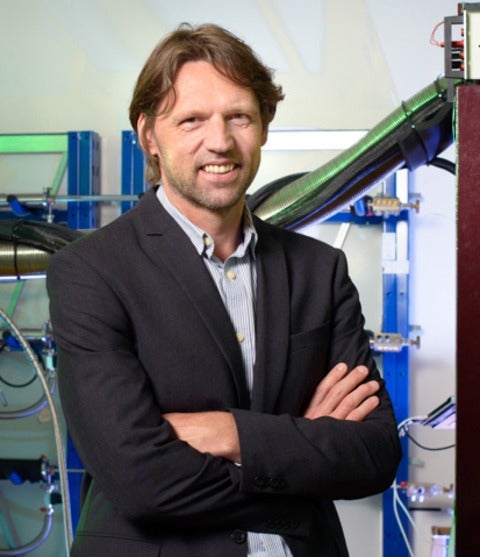Matthieu Nannini: Nanolithography using Thermal Probe AFM: principle and applications
Matthieu Nannini, McGill University
While IBM Zurich's millipede project of data storage did not
have the success anticipated it would, a new technology for nano
lithography was born. Since 2009, IBM Zurich has been refining their

